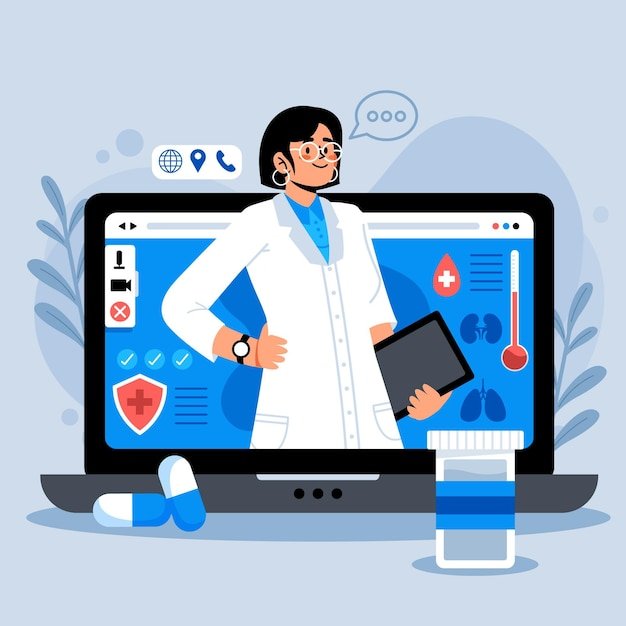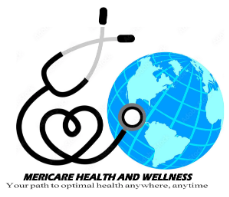SKIN CARE
What is Skin Care?
Infectious diseases are caused by pathogenic microorganisms such as bacteria, viruses, fungi, and parasites. These agents can be transmitted through various modes, including airborne particles, direct contact with infected individuals, the fecal-oral route, and vector-borne transmission.Infectious diseases are caused by pathogenic microorganisms such as bacteria, viruses, fungi, and parasites. These agents can be transmitted through various modes, including airborne particles, direct contact with infected individuals, the fecal-oral route, and vector-borne transmission.

Causes
Acute illnesses are conditions that develop suddenly and often have a rapid onset of symptoms. There are various causes of acute illnesses, and they can affect different organ systems in the body
- Bacterial infections: Caused by bacteria, such as Streptococcus or Staphylococcus.
- Viral infections: Caused by viruses, such as influenza, common cold viruses, or COVID-19.
- Fungal infections: Caused by fungi, like Candida or Aspergillus.
- Injuries resulting from accidents, falls, or other physical events can lead to acute illnesses. Examples include fractures, sprains, or concussions.

Symptoms
Skin diseases can manifest with a wide range of symptoms, and the specific symptoms depend on the type of skin condition. Here are some common symptoms associated with various skin diseases
Rashes: Skin rashes are a common symptom of many skin conditions, appearing as red, raised, or discolored patches on the skin.
Itching (Pruritus): Itching is a common symptom of numerous skin disorders, ranging from mild irritation to severe discomfort.
Redness (Erythema): Redness of the skin can be a sign of inflammation or an allergic reaction.
Dry Skin: Skin conditions like eczema or dermatitis can cause dry, flaky skin.
Swelling: Inflammation can lead to swelling, which may be localized or affect larger areas of the skin

Treatment
The treatment for skin diseases varies depending on the specific diagnosis and the underlying cause of the condition. Different skin diseases may require different approaches to management
Topical Medications:
Corticosteroids: These are anti-inflammatory medications that can be applied topically to reduce inflammation, itching, and redness.
Antifungals: Used for fungal infections of the skin, such as ringworm or athlete’s foot.
Topical Antibiotics: Prescribed for bacterial skin infections.
Oral Medications:
Antibiotics: Oral antibiotics may be prescribed for bacterial infections that are more widespread or severe.
Antifungals: For systemic or severe fungal infections.
Oral Corticosteroids: In some cases, systemic corticosteroids may be prescribed for widespread or severe inflammation.
